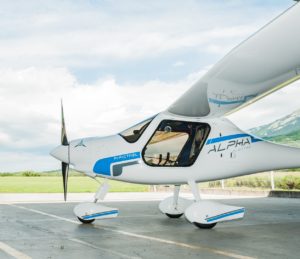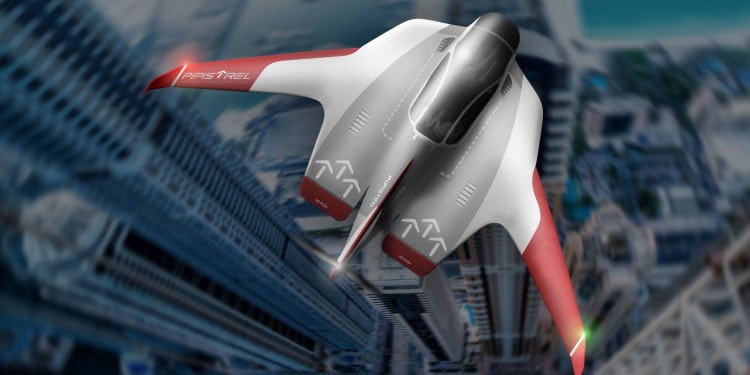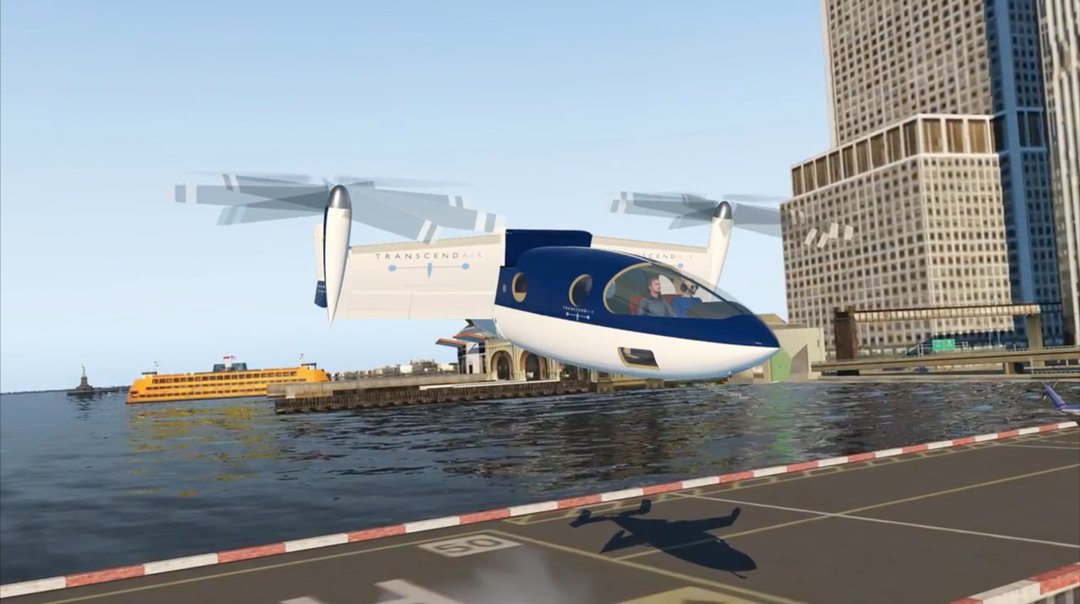Earlier last year we wrote about Pipistrel, an award-winning small aircraft designer and manufacturer striving to change the game of the sustainable aviation industry with electric-powered aircraft. Our interview with Ivo Boscarol, the company founder and a six-time winner of the “Most Trusted Businessman” award from the Slovene Reader’s Digest, looked into the company’s impressive history and its recent expansion into the Chinese market, delving into the characteristics and benefits of its airplanes as well as into its future plans.
This year marks the 30th anniversary since the first trademarked Pipistrel products were sold and exported from Yugoslavia to Italy in 1989. What began as a success story behind a several-year-long struggle to bend the laws of socialist Yugoslavia so that they would permit the existence of a private aircraft producer has resulted in an internationally acclaimed company that has enriched the world for over 1,500 aircraft.
With a history of becoming the first to fly an electric two-seater airplane in 2007 and an electric four-seater in 2011 — which won that year’s NASA Green Flight Challenge — in addition to developing propulsion systems for NASA and Siemens aircraft, Pipistrel was recently chosen by Uber to be their partner in developing electric Vertical Take-Off and Landing (VTOL) vehicles needed to make their urban air mobility project, Uber Elevate, a reality.
Developing any new mode of travel, however, comes with a variety of challenges — from those in terms of technical and regulatory aspects to those regarding safety and certification.
In order to better address these, in late January 2019 Pipistrel signed a partnership with Honeywell, a multinational conglomerate and a Fortune 100 company with over 100 years of experience in aircraft technologies. Having covered a range of customers within its century of existence, including governments, corporations and private consumers, Honeywell’s expertise across several major industry areas make it an ideal partner for Pipistrel and the development of an entirely new mode of travel.
“This is the beginning of a long-term relationship to collectively pursue the future of urban air mobility,” commented Ivo Boscarol, Pipstrel founder and president. “Honeywell’s expertise in integrated avionics and flight control systems, systems integration, certification and manufacturing, combined with our capabilities in designing and developing advanced light aircraft, makes us the perfect pairing to advance the urban air mobility market.”
Referring to the technology which allows aircraft like their Alpha Electro to recuperate up to 15 percent of electric energy while descending, and considering the lower cost of electricity in comparison to that of fossil fuels, Boscarol added, “We have the concept which unlocks cost-attractive eVTOL opportunity by addressing efficiency and noise hurdles in vehicle lift, hover, and cruise stages of flight.”

To put the scale of this cost-attractiveness into perspective, the technology deployed in their Alpha Electro aircraft, made for training beginner pilots, can reduce the total cost of training a pilot by more than 70 percent.
“An understanding of the aerospace complexities and legacy of innovative technologies can make all the difference in addressing this emerging market,” said Carl Esposito, president of the Electronic Solutions Strategic Business Unit at Honeywell. “Pipistrel is a well-known leader in the light-aircraft space, and this is an excellent opportunity to support its vision of a future vertical takeoff and landing aircraft with our industry-leading avionics, flight control systems, and other potential products and services.”

Combining their areas of expertise, Pipistrel and Honeywell will be working toward exploring and developing solutions for the urban air mobility market and producing a cost-effective eVTOL vehicle capable of operating on a fully autonomous basis.
Urban Air Mobility (UAM), defined by NASA as “safe and efficient air traffic operations in a metropolitan area for manned aircraft and unmanned aircraft systems,” is intended to provide people living in large, urban areas with a new and sustainable mode of transportation that should alleviate some of the negative socio-environmental side-effects of traffic.
Uber plans to begin commercial operations of their Urban Air Mobility project in 2023, starting with Dallas, Los Angeles and one other city outside of the United States.














